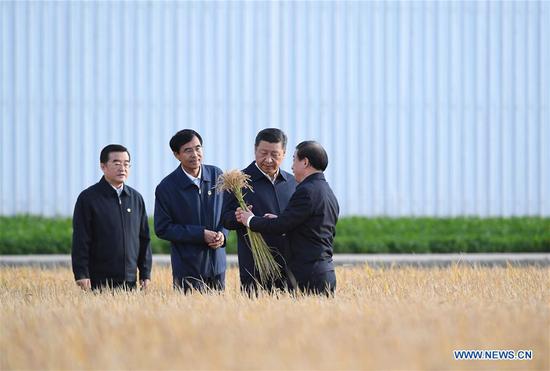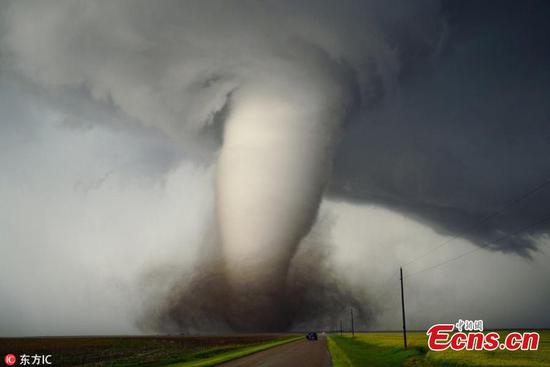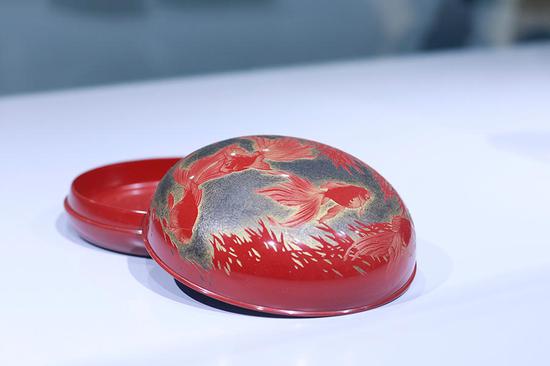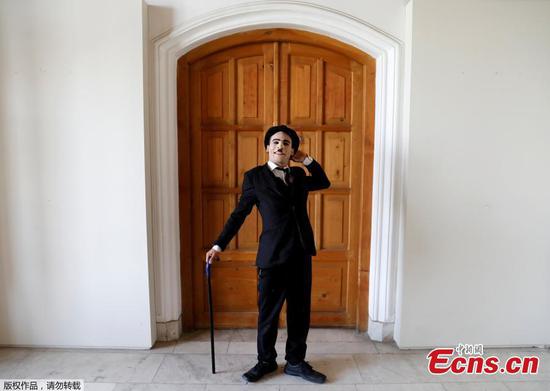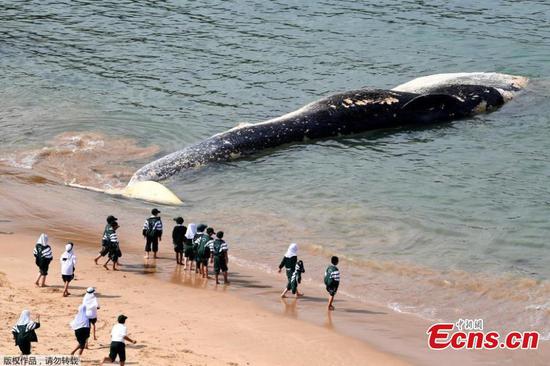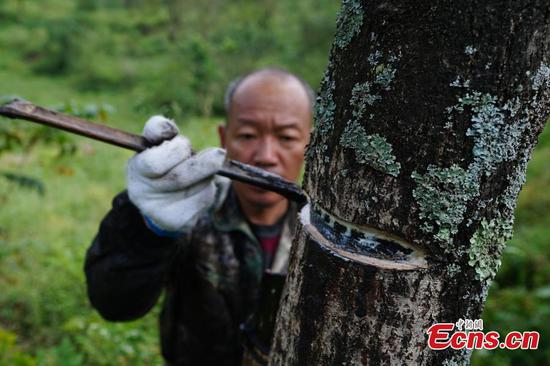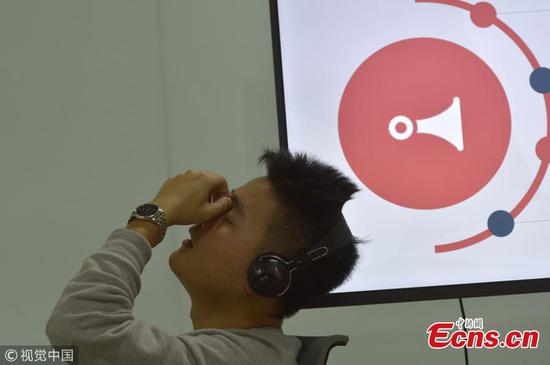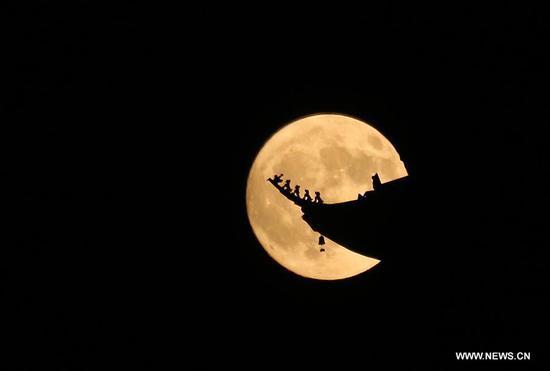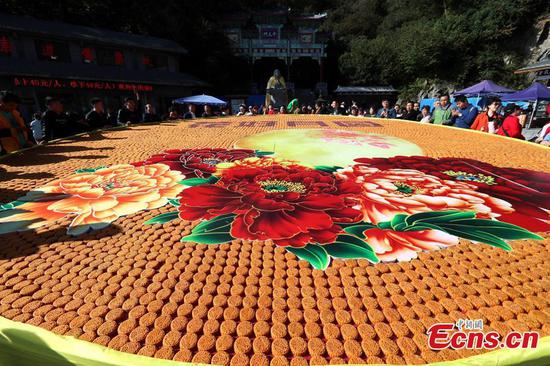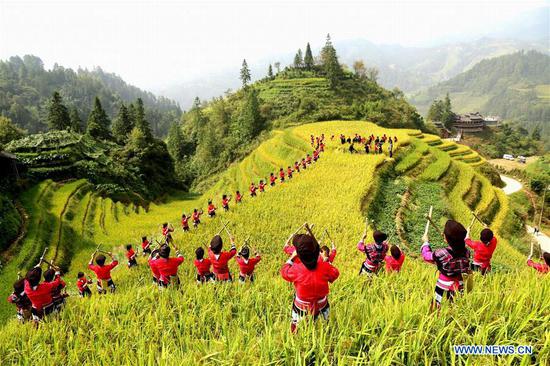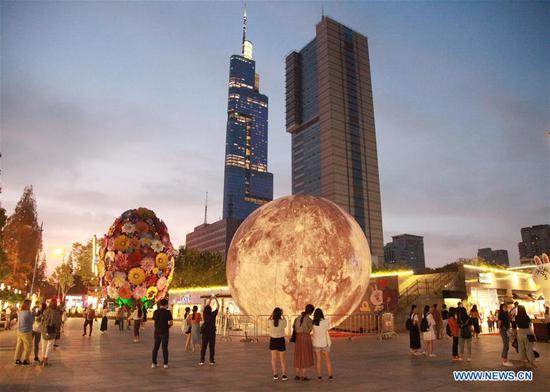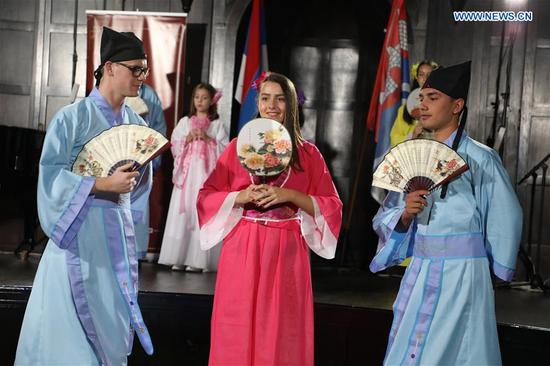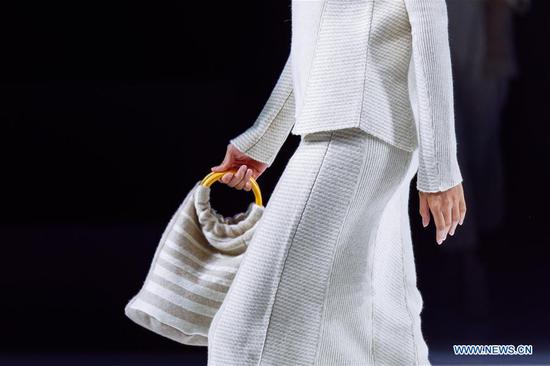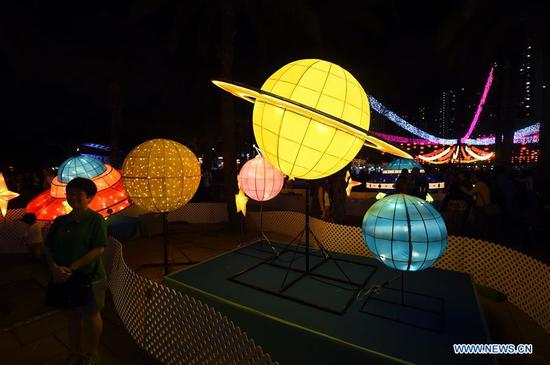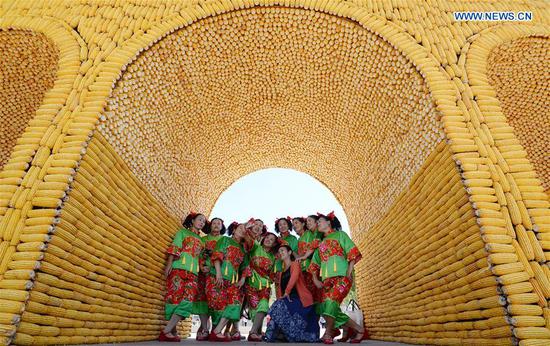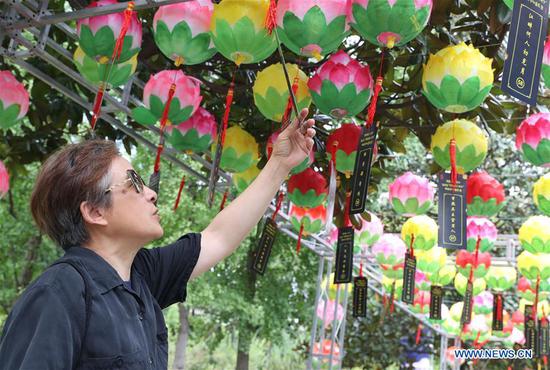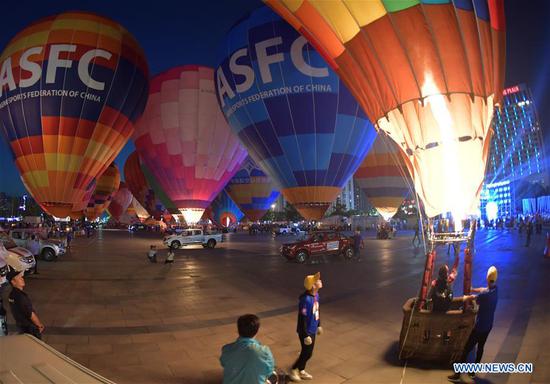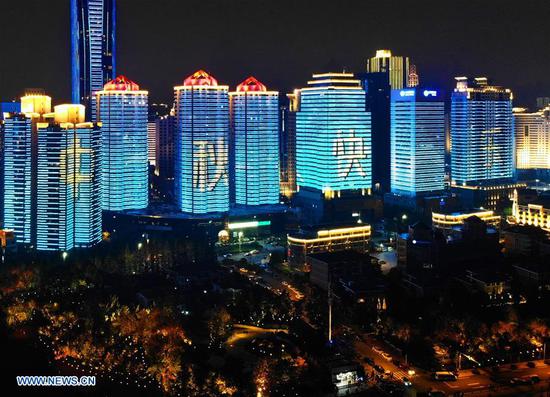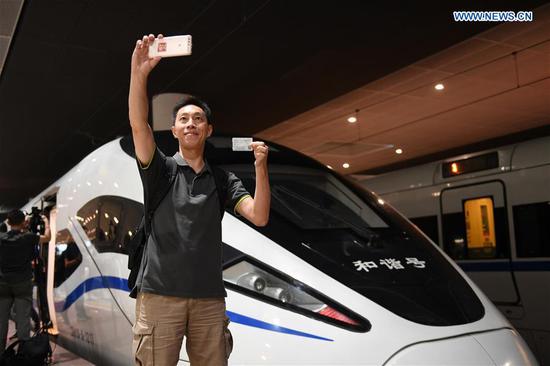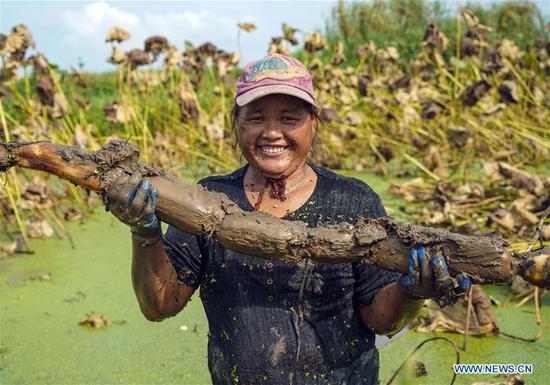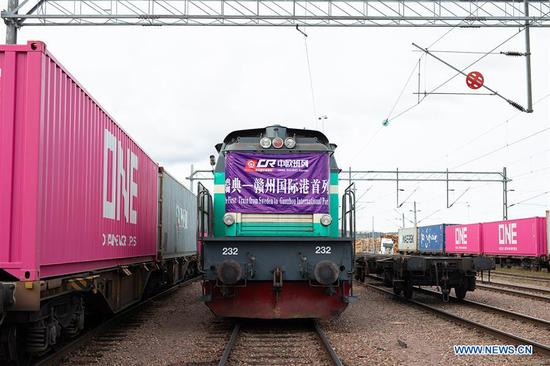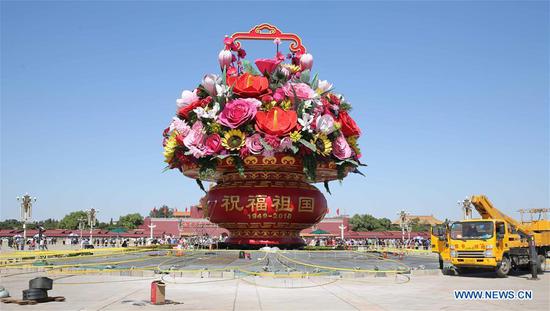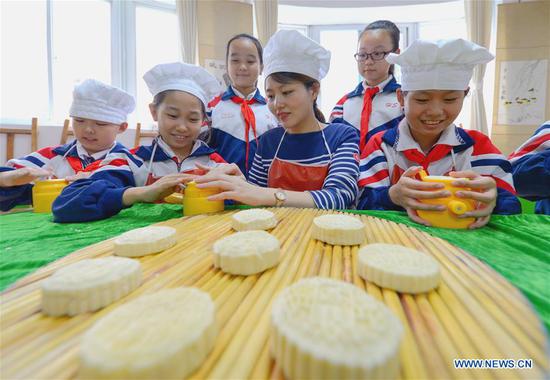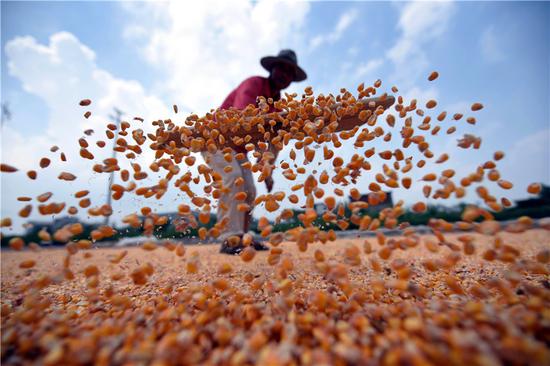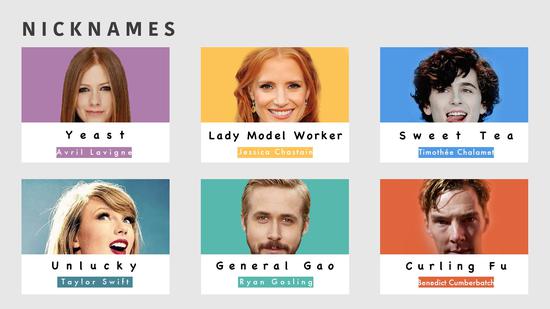
When Avril Lavigne released her new single “Head Above Water” on Sept. 19, many of her Chinese fans took to their Weibo accounts and exclaimed “Yeast has finally returned!”
But who is “Yeast?”
It is no longer a secret that the Chinese people are fond of giving nicknames to the western celebrities, but how those names come about is a still unknown to many Westerners. In this case, “Yeast” in Chinese is pronounced the same as “Godmother,” which is what Avril's fans call her.
The stars themselves have even endorsed some of their nicknames.
Timothée Chalamet, given the nickname “Sweet Tea” by his Chinese fans due to the resemblance in the pronunciation of his name and the Chinese beverage, said that many of his colleagues started to call him by that name.
Jessica Chastain, known in China as “Lady Model Worker,” once said she loves her nickname. “I feel like finally, someone gets me,” she told Jimmy Kimmel during an interview on his talk show. The name is “a great example of a worker,” and her fans call her that because she once shot seven films a year.
And there are “Unlucky” for Taylor Swift, “General Gao” for Ryan Gosling, “Curling Fu” for Benedict Cumberbatch and “Fa Shark” for Michael Fassbender.
But the Chinese's talent in giving nicknames isn't just limited solely to foreign celebrities -it's applied to almost everything and everyone in their daily lives. Some of them are mainly for cutting short a long name, but others are highly precise summaries of the person or thing they have been describing.
Nicknames and their origins
One of the reasons the Chinese people have a passion for creating nicknames for foreign celebrities or brands could be a way of making the long foreign names easier to remember.
Most of the western names, when introduced into China, were translated officially only by their pronunciations. For the Chinese, they are just a bunch of meaningless characters put together.
By giving them a nickname, they are also giving the foreign name some kind of Chinese meaning. For instance, Ryan Gosling's nickname is “General Gao.” In Chinese, the name is pronounced “Gao Si Ling” which resembles Gosling.
Some S. Korean TV series fans nicknamed the Korean Broadcasting System (KBS) as “Kao Bai Shu” or “Baked Sweet Potato,” and the Munhwa Broadcasting Corporation, shortened to MBC, is known among fans as “Mian Bao Che” or “The Van.”
The same has happened to some luxury brands. Cosmetics are widely discussed on social media and nicknames are often created to make talking about them easier.
For instance, Yves Saint Laurent (YSL) is nicknamed as “Poplar Forest” - “Yang Shu Lin” in Chinese. Though with the same abbreviations, the latter is much more familiar for the Chinese people.
Similarly, Chanel is nicknamed as “Granny Xiang,” signifying its long history and high prices while parodying the official name of its Chinese version. The nickname for SK-II is “Si Ke Tu,” maintains most of the official pronunciation while also meaning “Stubborn Rabbit”.
There are also nicknames which capture the characteristics of the targets precisely and humorously. For instance, Clé de Peau Beauté was given the name “Little Scissor” while the lipstick of Japan's Shiseido was named “Red Kidney” due to the red color and its streamlined shape.

There are also “Bullet (MAC)” lipsticks, “Little Fatty (Armani)” liquid lipstick, “Grenade (CPB)” essence and “Bulb (SK-II)” essence.
The nicknamed can even be expanded to the name of the foreign countries. For instance, Japan is known to the Chinese social media users as the “State of Sakura,” S. Korea is called the “State of Pickles,” Canada is named the “State of Maple” and Russia is dubbed as the “Nation of Fighters” as they seem to be capable of anything in the eyes of the social media users.
Why do the Chinese people love nicknames?
All the nicknames mentioned above are just a fraction of those used by China's youth, but why are they so fond of giving nicknames?
The Chinese have a tradition of giving nicknames. In the ancient times, the Chinese scholars liked to adopt aliases for themselves or their close friends. The aliases could be based on their hobbies, their ideals or even the places they live.
Today, the culture of nicknames is partly derived from “fandom”, and by sharing common interests and feelings of empathy, they tend to form their own sub-social networks, with their personal lexicon.
For the Chinese youth who enjoy giving and using nicknames, most of the time, it is just their way of expression affection.









